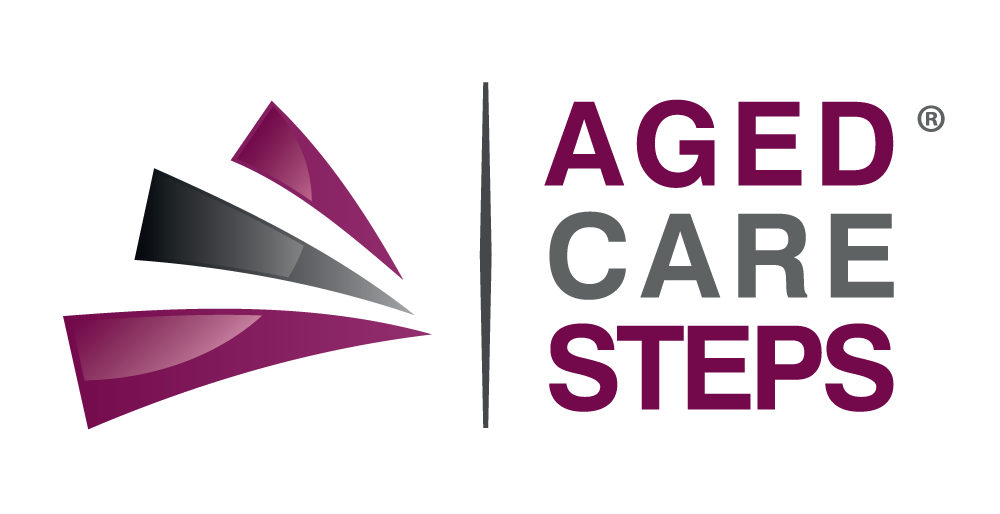The Aged Care Act: What Every Australian Financial Adviser Needs to Know
The landscape of Australian aged care is about to undergo one of the most significant transformations seen in over a decade.
Having successfully passed Parliament, The Aged Care Act introduces sweeping reforms across the sector from 1 November 2025 (deferred from 1 July 2025). Designed to ensure long-term sustainability and responsiveness to the changing needs of the nation's ageing population, the new framework aims to shift the balance between government funding and consumer contributions.
With the number of Australians over age 85 set to triple within the next 40 years, these reforms are essential for successfully meeting the escalating demand for aged care services and changing care needs and expectations.
This makes keeping up with the changes essential for all advisers – and Aged Care Steps are positioned to provide high-quality information, training, and resources to Australian financial advisers, and will continue to do so throughout the transitional period as the new Act comes into effect.
Key Changes and Impacts:
Legislation was passed in the form of the Aged Care Bill at the end of 2024, but detailed implementation and further principles continue to be announced, so keeping up with the changes is important for all advisers. We’ve outlined some of the key changes for Residential Care and Support at Home below.
Residential care - accommodation
The approval cap for accommodation payments increased to $750,000 (indexed) on January 1, 2025.
Residents who move into care from 1 November 2025 will have a 2% per annum retention (non-refundable) amount deducted from any Refundable Accommodation Deposits (RADs) or Refundable Accommodation Contributions (RACs) paid. The deductions only apply over the first five years, with a maximum of 10% deducted.
Daily Accommodation Payments (DAPs) for new residents entering from 1 November 2025 will be indexed in line with the Consumer Price Index (CPI).
Residents will continue to have a choice to pay either RADs or DAPs but will no longer need to decide within the first 28-day period, allowing more time to consider their options.
Protection measures will continue to be in place for people with low financial capacity to help make accommodation affordable.
The potential elimination of new RADs from 2035 is under consideration.
Residential care - daily fees
The current means-testing rules will be replaced with new formulae and new calculations that will make the cost of daily care more expensive (for new residents who are not grandfathered), albeit the cost of care is still heavily subsidised by the Government.
Essential living expenses: Residents will continue to pay the flat basic daily fee but may also pay an additional means-tested hotelling contribution..
Clinical care: will be fully funded by the government.
Non-clinical care: a new means-testing system applies to calculate a resident’s non-clinical care contribution, potentially resulting in a client contribution up to $101.16 per day (indexed). A lifetime cap will apply to limit payments to the first four years, with an overall maximum of $130,000 (indexed).
Care providers will continue to be able to offer additional services under an optional Higher Everyday Living Agreement. Residents will have the opportunity to review the options and decide whether to accept and pay an additional daily fee for any services selected.
People living in permanent residential care before 1 November 2025 or who were receiving or approved for Home Care Packages as of 12 September 2024 will remain under the existing fee structure. These changes to daily fees don’t apply.
Home care fees
The new Support at Home program launches on 1 November 2025, categorising services into clinical care, independence support, and everyday living costs.
Care will be approved under 8 ongoing package categories (and two short-term packages), with the highest category exceeding the current Level 4 budget.
Clinical care will be fully government-funded.
People will pay a portion of independence support costs and everyday living costs depending on their financial means:
Full pensioners will pay 5% of independence support costs and 17.5% of everyday living costs.
Self-funded retirees will pay 50% of independence support costs and 80% of everyday living costs.
Part-pensioners pay between these levels, with means-testing aligned with age pension rules.
Holders of the Commonwealth Seniors Health Card (CSHC) will be assessed under the self-funded rules unless they choose to disclose their finances to Services Australia to have contribution levels assessed.
Concessional rates of 0-25% will apply to anyone who was approved or receiving a Home Care Package as of 12 September 2024 to ensure they are ‘no worse off’ under the new rules.
The lifetime cap for client contributions increases to $130,000 and counts towards the residential care cap.
Care providers will only be able to deduct a 10% care management fee from the package budget, with the remainder being available to deliver care services.
The package budgets will be released quarterly on a use-it-or-lose-it basis. Unspent funds at the end of the quarter will be forfeited with the ability to roll over only $1,000 or 10% of the package budget (whichever is higher).
Statistics from 2024 revealed that over 800,000 Australians were receiving government-subsidised aged care, and that number will only increase as the population ages.
For financial advisers, this is a call to action.
To ensure you're fully equipped to guide your clients through these significant changes, it’s important to learn from the experts.
Aged Care Steps offers face-to-face or online training options through two-day Accreditation workshops or one-day Refresher workshops. These workshops are designed to give you the in-depth knowledge needed to give advice, alongside the practical and business skills to help your clients navigate the new aged care landscape effectively.
Once trained, we also provide all the tools to help you educate your clients, promote your business, continue your learning, calculate client outcomes and produce effective advice documents – with subscription packages that are affordable and comprehensive.
Don't leave your clients in the dark after 1 November. Secure your business today and stay ahead of the curve.
Article updated on 20 June 2025
